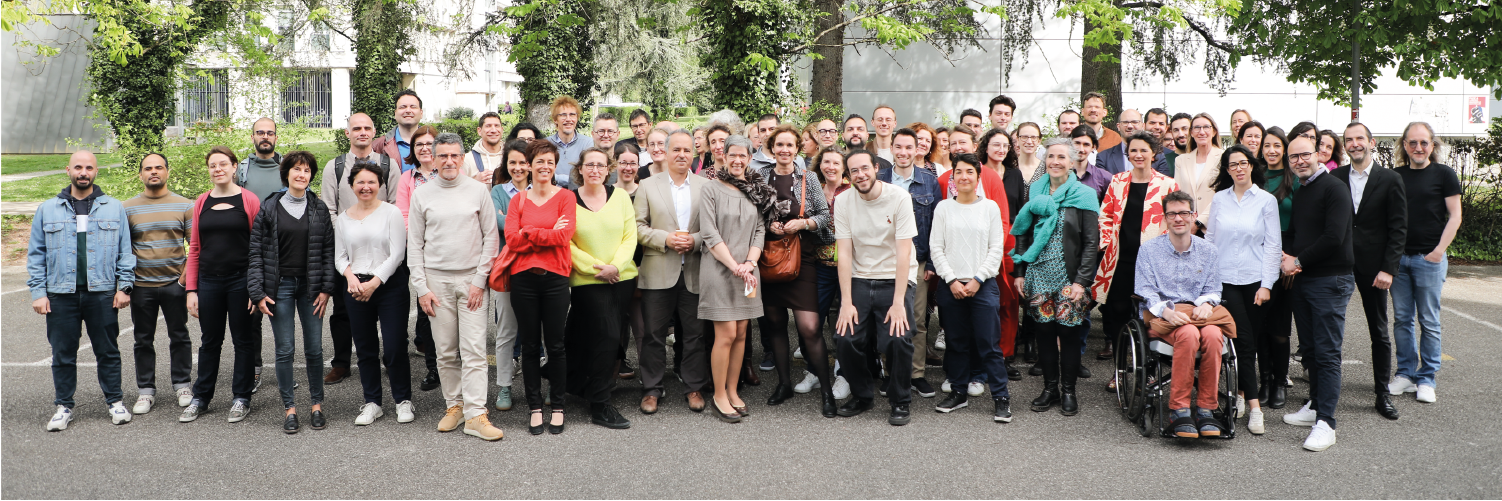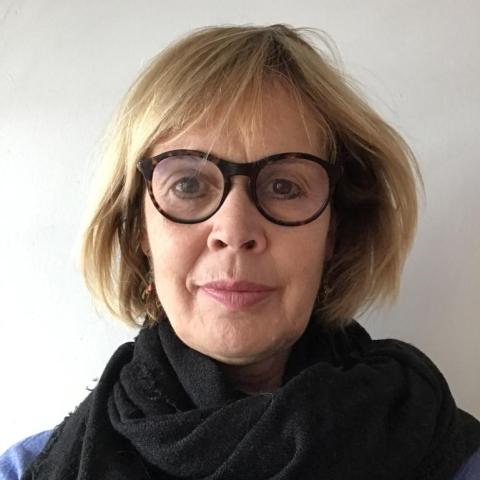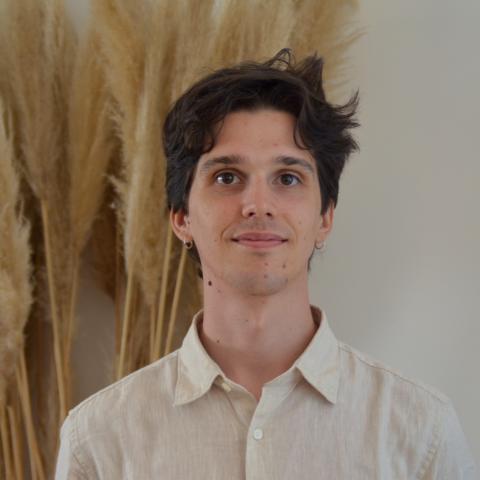- Share
- Share on Facebook
- Share on X
- Share on LinkedIn
The CERAG (Centre d'Etudes et de Recherches Appliquées à la Gestion) is the research unit of the Université Grenoble Alpes (UGA) devoted to management sciences. All management disciplines are represented (finance, accounting, information systems, human resources, strategy, marketing, logistics). It is part of the PSS cluster (Pôle de recherche en sciences sociales), and its researchers are spread across a number of departments (Grenoble IAE, Phelma and Ensimag, schools of Grenoble INP, the Grenoble Department of Humanities and Pedagogy (DHeP), Grenoble IUT2, the Faculty of Economics and Management and Sciences Po Grenoble). CERAG doctoral students are registered with the Doctoral School of Management Science.

The CERAG laboratory is structured around three research axes, in line with the UGA IDEX project and the Grenoble eco-system: Anticipation and Risk Management (AGR), Responsible Behavior and Societal Issues (CRES) and Innovation and Organizational Complexity (ICO). In these areas, we address the management challenges facing our society: risk and resilience, adaptation and encouraging socially responsible behavior, innovation and complex transitions. We address these contemporary issues through research on markets, organizations, individual and collective behavior and management tools.
Our team includes two co-directors, Bérangère Deschamps and Annick Valette, two managers, Mathilde Cuenne and Alissa Petit, and a communications officer, Camille Geourjon. We are supported by a 15-strong Laboratory Council.
Our values are :
- Respect for the criteria of scientific production. Researchers have a responsibility to produce and disseminate knowledge based on rigorous research methods that comply with the standards of the field. This is the basis of their freedom of expression.
- Recognition of scientific contributions in all their forms. Classified publications are important as a means of certifying the quality of one's work, and indispensable for circulating knowledge, but they cannot be the sole criterion for evaluating the activities of researchers. Scientific contributions must be assessed globally, in conjunction with teaching and socio-economic partners.
- Research rooted in major societal challenges. Management sciences must take up the major challenges posed by economic, ecological and digital transitions. As a science devoted to the study of purposeful collective action, it can seize and support the changes that are sweeping through our society. Transdisciplinary collaborations are an important lever for working on these new issues.
- Research that respects individuals. Incentives and support for research activity, as set out in the status of teacher-researcher, must respect the working conditions, living conditions and career paths of each individual.
Like all social actors, we consider that the laboratory has a responsibility and must play a part in the ecological transition. We have been calculating our greenhouse gas emissions since 2022, and have collectively drawn up a charter of commitment and voted in favor of measures to reduce the laboratory's carbon footprint.
We are committed to supporting researchers in their career development. We pay close attention to the sharing of practices and communicate on colleagues' research. In this way, we aim to make CERAG a socially responsible, dynamic and welcoming workspace for the sharing and development of knowledge.
Bérangère Deschamps and Annick Valette
CERAG Directors
|
|
Bérangère DESCHAMPS Co-directrice du Laboratoire CERAG |
|
|
Annick VALETTE Co-directrice du Laboratoire CERAG |
|
|
Jérôme BARONA Responsable Administratif et Financier |
|
|
Camille GEOURJON Chargé de communication |
|
|
Ismaël BAH Adjoint en gestion administrative et financière |
|
|
Alissa PETIT Adjointe en gestion administrative et financière |
Contact
CERAG's Directors
Annick Valette
Bérangère Deschamps
direction-cerag univ-grenoble-alpes.fr (direction-cerag[at]univ-grenoble-alpes[dot]fr)
univ-grenoble-alpes.fr (direction-cerag[at]univ-grenoble-alpes[dot]fr)
Administrative and financial director
Mathilde Cuenne
04 57 04 10 80
mathilde.cuenne univ-grenoble-alpes.fr (mathilde[dot]cuenne[at]univ-grenoble-alpes[dot]fr)
univ-grenoble-alpes.fr (mathilde[dot]cuenne[at]univ-grenoble-alpes[dot]fr)
Adress
- Share
- Share on Facebook
- Share on X
- Share on LinkedIn



